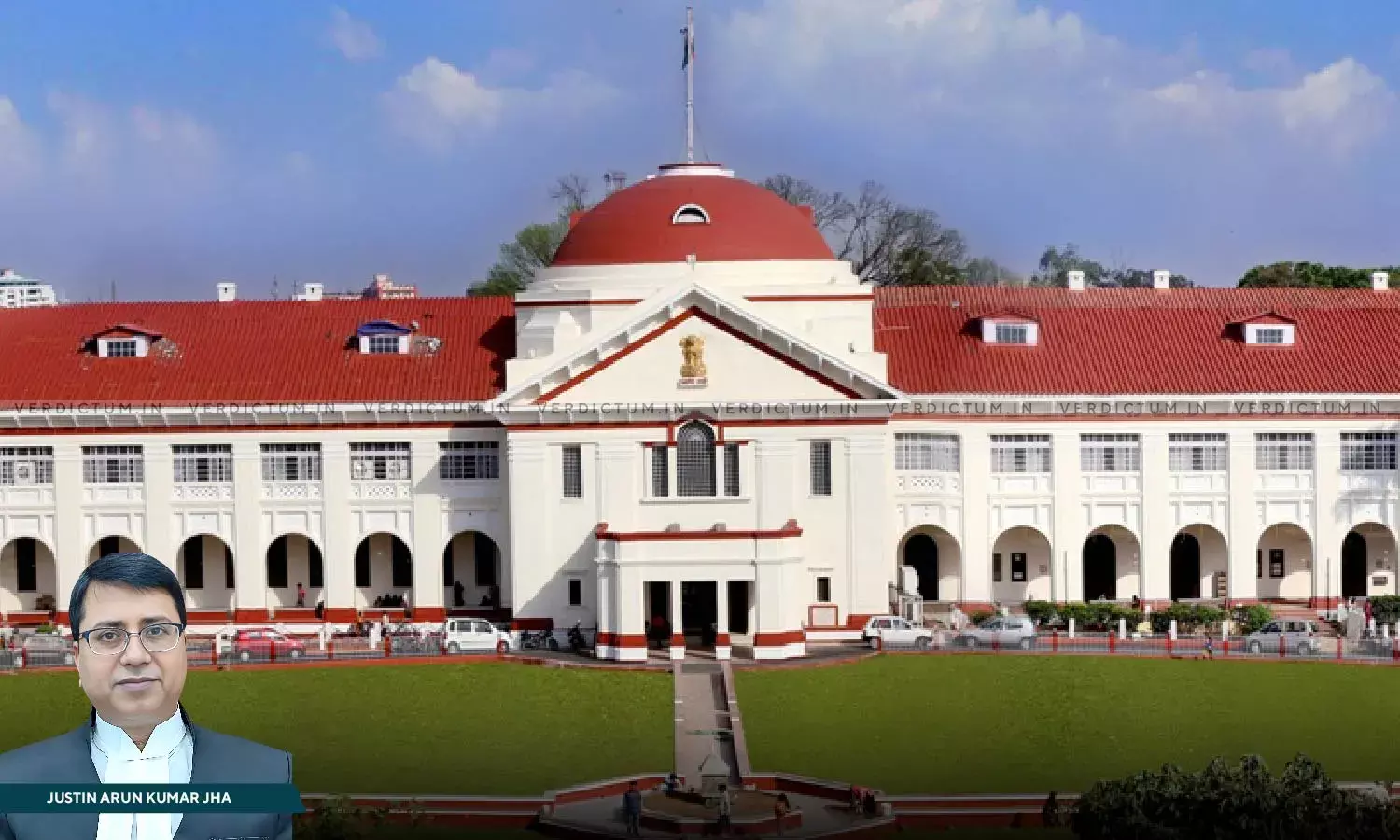Amendment Can Be Brought At Any Stage Of Trial, If Affected Parties Are Compensated In Terms Of Costs: Patna HC
The Patna High Court reiterated that an amendment can be brought at any stage of the trial even after the commencement of trial if it is necessary for doing full and complete justice between the parties, subject to the cost or otherwise.
The amendment can be allowed if the affected parties could be compensated in terms of cost, it said.
In that context, the Bench of Justice Arun Kumar Jha observed: "The law on the point of amendment at the stage of ‘after commencement of trial’ is no more res integra and the Hon’ble Supreme Court in the case of Surender Kumar Sharma v. Makhan Singh, reported in (2009) 10 SCC 626 has held that amendment can be brought at any stage of the trial even after commencement of trial, if it is necessary for doing full and complete justice between the parties, subject to cost or otherwise. Thus, the amendment can be allowed if the affected parties could be compensated in terms of cost.".
The petitioners filed a petition under Article 227 of the Constitution of India to set aside the order dated 24.01.2018 by the Sub. Judge-IV, Hajipur in a Title Suit. The order allowed a petition filed by the plaintiff/respondent under Order 6 Rule 17 of the Code of Civil Procedure, 1908, seeking amendment of the plaint.
The plaintiff/respondent had originally filed a partition suit to claim a 1/7th share of the suit property and to compel the defendants (petitioners) to execute a sale deed. The defendants opposed this and noted another partition suit had already decreed the plaintiff's 1/7th share.
During the pendency of the current suit, defendant no. 2 died without heirs, prompting the plaintiff to amend the plaint to increase his share to 1/6th. The trial court allowed this amendment, which the petitioners opposed, arguing it was done without proper consideration, would prejudice them, and should have been barred due to prior proceedings and significant delays.
The petitioners claimed the trial court's decision was mechanical and failed to appreciate their objections, and it should have considered that the plaintiff’s share was already determined in the previous partition suit. They also argued that amendments should not be allowed after the trial had commenced, especially since defendant no. 2 had sold his share before his death.
The respondents countered that the amendments were necessary for the real controversy's adjudication and should be liberally allowed. They argued that the amendments aimed to reflect the plaintiff's changed share due to the death of defendant no. 2 and were timely filed. They emphasized that procedural delays should not prevent the necessary amendments in the interest of justice.
The Court held that it did not find much merit in the submission that the amendment petition was not maintainable on the ground that in an earlier partition suit, the share of the plaintiff was decided to the extent of 1/7th share. In that context, it was said that, "The suit filed by the plaintiff/respondent no. 1 is a partition suit and the share of joint family property could change under a number of circumstances. A circumstance here is death of one of the co-sharers. Whether that co-sharer was having any property left or not is a matter of trial and the same could not be rejected in limine. So, the previous decree in partition suit would not affect the claim of the plaintiff/respondent no.1 in subsequent suit and the amendment on this count could not be assailed."
It was also emphasized that the endeavour should be to decide the real controversy between the parties, while allowing amendments a liberal view should be taken.
Accordingly, the High Court refused to interfere with the impugned order.
Cause Title: Ved Prakash & Ors. vs Kedar Nath Chaudhary & Ors.
Click here to read/download the Judgment




